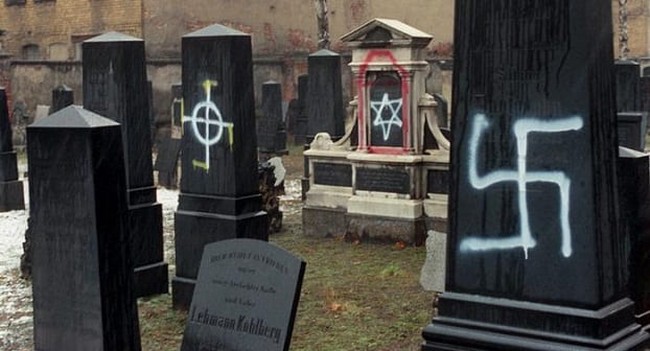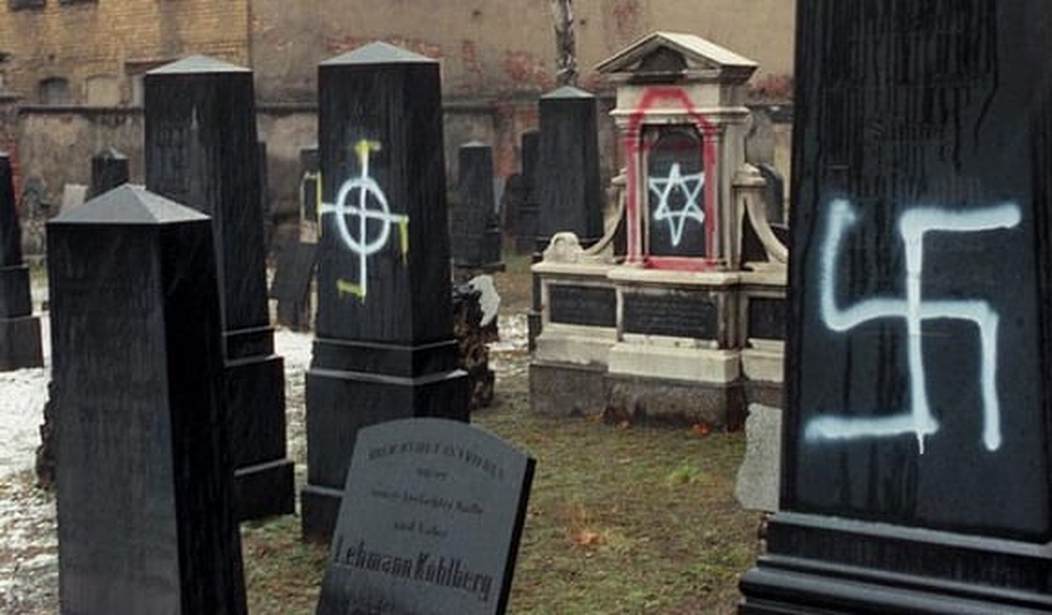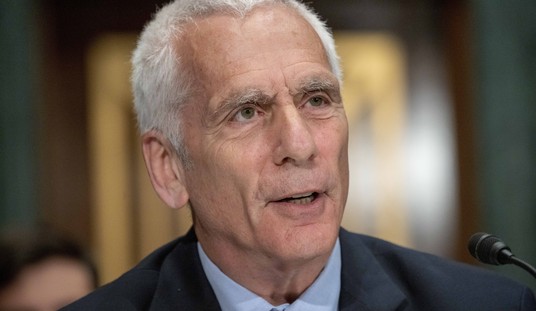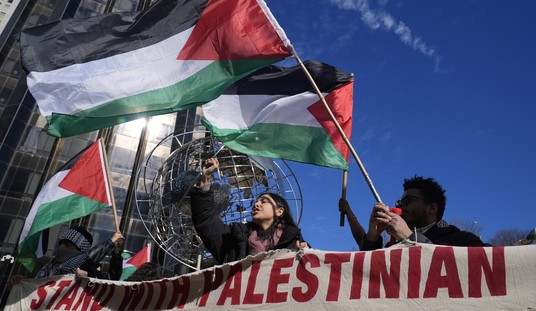 Anti-Catholicism may be the last remaining acceptable prejudice, but in Europe anti-Semitism is making a comeback.
Anti-Catholicism may be the last remaining acceptable prejudice, but in Europe anti-Semitism is making a comeback.
Last week, Mark Steyn reported this nugget:
A Tweet from Yasmina Haifi:
ISIS heeft niets met Islam te maken …is vooropgezet plan van zionisten die bewust Islam willen zwart maken
Which translated into English means roughly:
ISIS has nothing to do with Islam. It’s a preconceived plan by Zionists who want to deliberately blacken Islam’s name.
Who is Yasmina Haifi? She’s an official at the Dutch Ministry of Justice who serves as project leader at the Netherlands’ National Cyber Security Center. And she thinks Isis is a Zionist plot to make Islam look bad.
This is hard to believe on a couple of levels. First that someone could actually hold this belief and secondly that they would feel sufficiently comfortable expressing it on Twitter using an account that allows them to be identified.
Apparently, the attention garnered by the ill-considered tweet has had an impact
A Dutch government employee who said the ISIS terrorist group was a Zionists conspiracy has been suspended pending further disciplinary steps.
Dutch Justice Minister Ivo Opstelten announced the decision about Yasmina Haifi, a former project manager for the ministry’s Cyber Security Center, on Friday, the news agencies ANP and Novum reported.
The Dutch, however, are notoriously gutless when it comes to the subject of Islam. A few years ago a Dutch politician, Geert Wilders, was tried for “insulting Islam.” We can probably expect Haifi will return to work within the Dutch government after a short vacation while the dust settles.
This points, though, towards the alarming resurgence of that hoary European pastime of anti-Semitism.
In the space of just one week last month, according to Crif, the umbrella group for France’s Jewish organisations, eight synagogues were attacked. One, in the Paris suburb of Sarcelles, was firebombed by a 400-strong mob. A kosher supermarket and pharmacy were smashed and looted; the crowd’s chants and banners included “Death to Jews” and “Slit Jews’ throats”. That same weekend, in the Barbes neighbourhood of the capital, stone-throwing protesters burned Israeli flags: “Israhell”, read one banner.
In Germany last month, molotov cocktails were lobbed into the Bergische synagogue in Wuppertal – previously destroyed on Kristallnacht – and a Berlin imam, Abu Bilal Ismail, called on Allah to “destroy the Zionist Jews … Count them and kill them, to the very last one.” Bottles were thrown through the window of an antisemitism campaigner in Frankfurt; an elderly Jewish man was beaten up at a pro-Israel rally in Hamburg; an Orthodox Jewish teenager punched in the face in Berlin. In several cities, chants at pro-Palestinian protests compared Israel’s actions to the Holocaust; other notable slogans included: “Jew, coward pig, come out and fight alone,” and “Hamas, Hamas, Jews to the gas.”
In the view of some this behavior has become normalized and acceptable:
Academics who study anti-Semitism say the acceptance of disparaging remarks about Jews has become increasingly common in the educated middle class over the past two decades. Especially on social media, where hashtags such as #HitlerWasRight have appeared, there has been a significant jump in slurs against Jews.
Monika Schwarz-Friesel, a cognitive scientist at Technical University, has spent 10 years tracking anti-Semitic comments from educated Germans in letters to editors, in Internet chat rooms and on social media. She said such comments in public forums had served as kindling for the most recent outbreak.
And the trend is unsettling
So what is driving the phenomenon? Valls, the French prime minister, has acknowledged a “new,” “normalized” anti-Semitism that he says blends “the Palestinian cause, jihadism, the devastation of Israel, and hatred of France and its values.”
Mark Gardner of the Community Security Trust, a London-based charity that monitors anti-Semitism both in Britain and on the continent, also identifies a range of factors. Successive conflicts in the Middle East, he said, have served up “a crush of trigger events” that has prevented tempers from cooling: the second intifada in 2000, the Israel-Lebanon war of 2006, and the three Israel-Hamas conflicts in 2009, 2012 and 2014 have “left no time for the situation to return to normal.” In such a climate, he added, three brutal anti-Semitic murders in the past eight years — two in France, one in Belgium, and none coinciding with Israeli military action — have served “not to shock, but to encourage the anti-Semites,” leaving them “seeking more blood and intimidation, not less.”
While home grown anti-Semitism is waxing, the elephant in the room in all these discussion, one that was hinted at but never named, was the most obvious source of the problem. The Dutch civil servant wasn’t merely Dutch, she was Muslim.














Join the conversation as a VIP Member